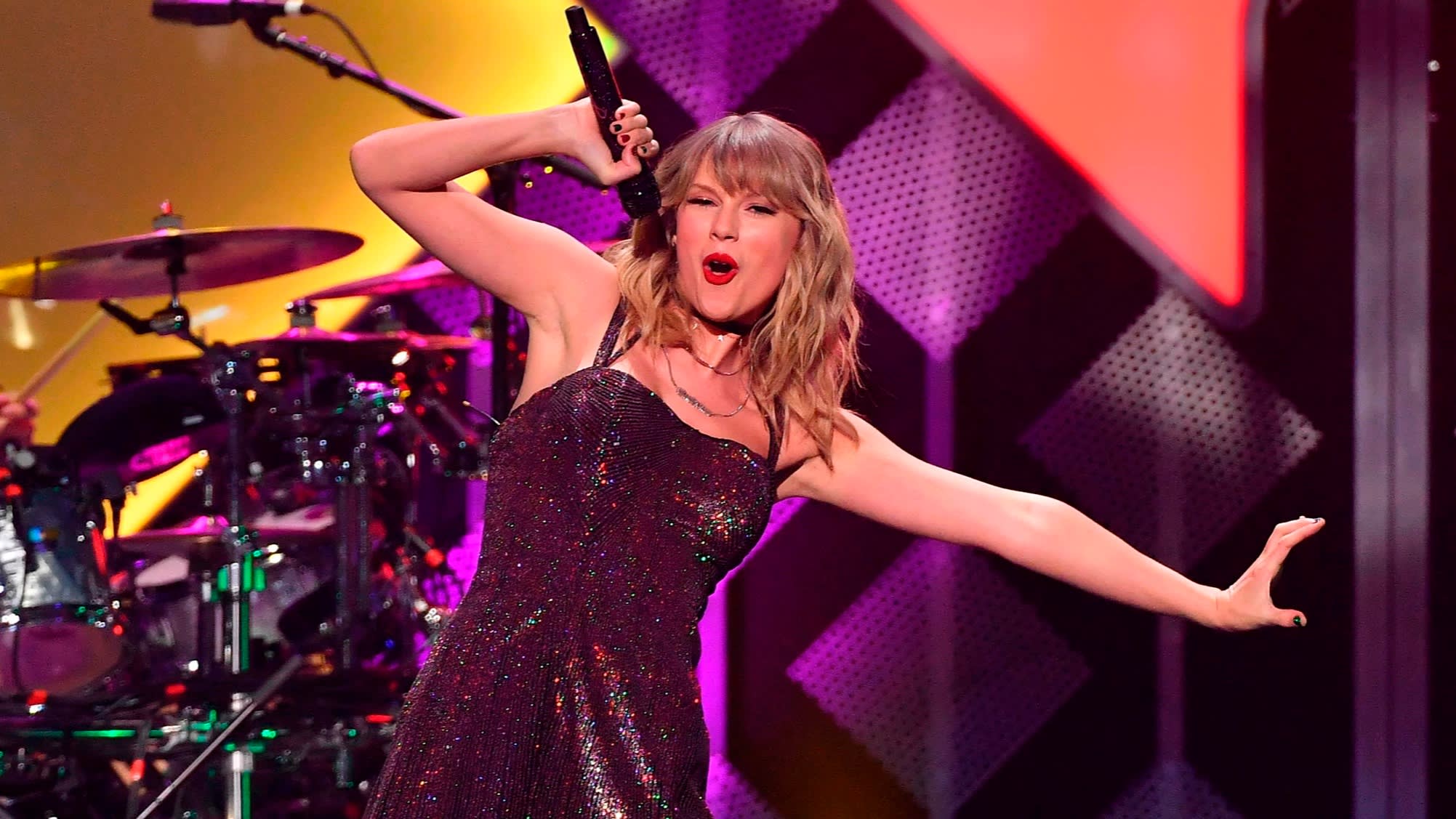
Universal Music Group is in talks with big music platforms to overhaul the economics of streaming to direct more money towards artists, such as adding more expensive “superfan” subscriptions, according to people familiar with the matter.
The shake-up, which stands to revolutionise the way musicians make money, comes as the world’s largest music company is increasingly concerned about the proliferation of songs on streaming platforms, to which 100,000 new tracks are being added each day.
The industry is also contending with growing manipulation of the system, including using bots to inflate listening figures and the uploading of 31-second clips that are just long enough to qualify as a “play”.
“You have a quantity over quality challenge right now,” Michael Nash, Universal Music’s chief digital officer, told the Financial Times. “That’s making it harder for new artists to establish themselves, for new releases to come through.”
The way artists get paid by streaming services has become a source of pain for stakeholders ranging from indie artists to the largest companies such as Universal.
Many musicians say the current system deprives them of the ability to make a living, while the main labels have bemoaned the addition of “lower-quality” songs — such as ambient sleep tracks — arguing they undermine the experience for listeners and pull money away from legitimate artists.
Universal controls more than 30 per cent of the world’s music and has a stable of artists including Drake and Taylor Swift. It is already in talks with Tidal, the streaming service founded by rapper Jay-Z in 2014, about how to change the streaming model, and is in discussions with other big streaming services, according to people familiar with the matter.
“This partnership will enable us to rethink how we can sustainably improve royalties’ distribution for the breadth of artists on our platform,” said Tidal’s chief executive Jesse Dorogusker.
In the first phase of the overhaul, Universal wants to stamp out online bots and other parties posing as human listeners. Beatdapp, a start-up focused on identifying streaming fraud, estimates that about 10 per cent of all streams on US platforms are fraudulent.
The streaming boom has given rise to a bevy of services offering artists the chance to buy their way to success. A Google search for “buy Spotify streams” yielded 44mn results, with sites such as “spotistar.com” offering 1,000 Spotify plays for $6.
Record executives have also grown frustrated with attempts to game the system via short, repetitive clips of music that make their way on to streaming playlists and generate royalties. In 2021 a Spotify artist named “Sleep Fruits Music” was reported to be generating 10mn streams a day from short recordings of electronic rainfall, outperforming stars such as Lady Gaga.
One possibility being discussed is banning 31-second clips, which have become widespread because a song must be listened to for more than 30 seconds in order to generate revenue. Universal is also looking to reward musicians who are luring new users and supporting retention.
Conversations are in the early stages, but one strategy being examined is creating a “bonus pool” of money for artists who are driving more value to platforms by generating many streams from new users. Universal and Tidal are exploring ways to measure fan engagement, such as tracking the sharing of songs on social media.
Another option is to introduce a superfan tier of streaming subscriptions that would charge fans for extra perks or access to their favourite artists.
Under the current system, the total royalty income generated on a streaming platform is pooled together and then divided up among the owners of the music based on their share of total streams. Critics argue that this structure gives an incentive to artists to create shorter songs in order to maximise repeated “plays” and increase their share of the money.
“Everyone seems to agree that the current streaming model is not working”, said Tatiana Cirisano, analyst at Midia Research, pointing to years of complaints from the independent music community.
The call for change comes as industry executives say streaming has flattened the way revenue is distributed. Since users consume music more passively, musicians are not fairly rewarded for being actively sought out.
Ultimately, the new model will be different across the various streaming services, Universal executives expect, which would be a change from the $10-a-month pricing model that has prevailed.









